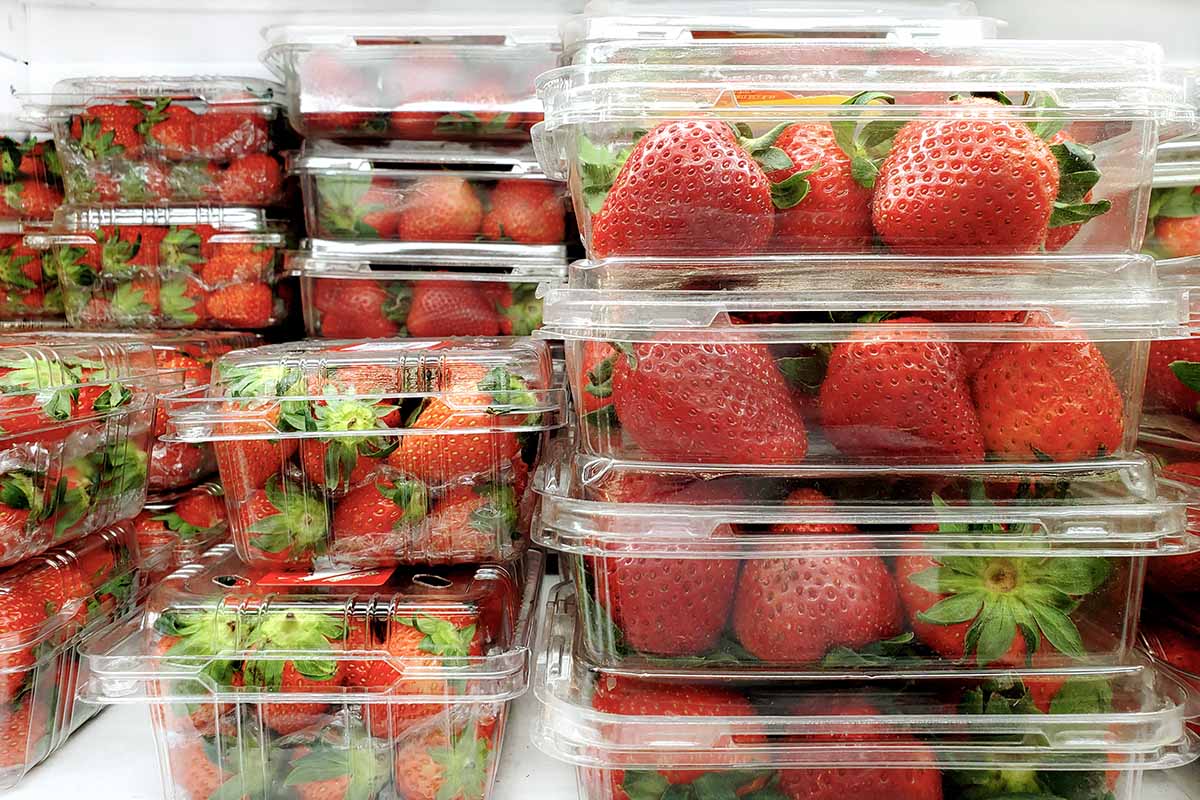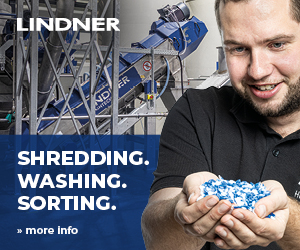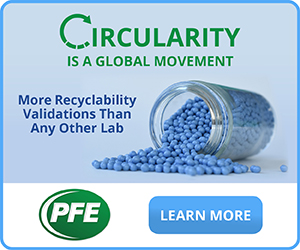
TOP LUN Plastics Corporation received an LNO that covers the recycling of PET containers into single-layer clamshells. | Rattanapon Ninlapoom/Shutterstock
Ten companies with technologies to recycle post-consumer PET, HDPE and PP into food and drink packaging have received the federal government’s thumbs-up this year.
In the first half of 2022, the U.S. FDA awarded a dozen letters of no objection (LNOs) to 10 companies seeking to use mechanical recycling processes to produce PCR suitable for food contact.
In issuing the letters, the FDA was convinced the recycling processes would result in contaminant concentrations of 0.5 parts per billion or less in the food, below its “threshold of regulatory concern.”
Plastics Recycling Update publishes a roundup of LNOs twice a year. The last roundup, which was published in March 2022, covered letters issued late in 2021. The federal database of all FDA LNOs is available here.
The following are summaries of LNOs issued during the first half of 2022, starting with the most recent:
Philippines-based company TOP LUN Plastics Corporation received an LNO on June 3, 2022, that covers the mechanical recycling of PET food and drink containers into single-layer clamshells and other containers that hold raw fruits, vegetables and shell eggs. The resulting RPET can be exposed to temperatures ranging from frozen to room temperature.
On June 1, China-based Veolia Huafei Polymer Technology (including its subsidiary Zhejiang Reef Science and Technology Co.) received an LNO to recycle clear post-consumer PP food containers into a variety of articles. Those end products include single-layer clamshells to hold fruits, vegetables and shell eggs, as well as disposable tableware, cutlery, trays, caps and lids for food service. The letter authorizes exposing the recycled PP to temperatures ranging from frozen up to room temperature.
Indianapolis-headquartered Closure Systems International received an LNO for PP recycling on May 17. The letter covers the recycling of PP into caps and closures (the range of allowed temperatures was not detailed on the FDA website).
On April 20, Thailand-based Zing Whorthai Co. received an LNO to recycle PET food and drink containers into single-layer clamshells and other containers that hold raw fruits, vegetables and shell eggs. The resulting RPET can be exposed to temperatures ranging from frozen up to room temperature.
On April 7, Austria-based Starlinger and Co. received an LNO to recycle HDPE food and drink packaging into new packaging for several categories of food. Those allowed categories include everything except for low-moisture fats and oils, alcoholic and non-alcoholic beverages and moist bakery products. As far as allowed temperatures, the recycled HDPE can be exposed to frozen up to room temperature.
Located in India, Dalmia Polypro Industries on March 25 received a letter covering the recycling of PET food and drink containers into single-layer clamshells and other containers that hold raw fruits, vegetables and shell eggs. The RPET can be exposed to temperatures ranging from frozen up to room temperature.
TSAAKIK Mexico on March 17 received a letter to recycle post-consumer HDPE food and drink containers into packaging for fruits, veggies and shell eggs, with allowed temperatures ranging from frozen up to room temperature.
On March 14, Veolia Huafei Polymer Technology (Zhejiang) and its Zhejiang Reef Science and Technology subsidiary received a letter covering the recycling of HDPE food and drink containers into packaging for all types of food. The allowed temperatures range from frozen up to hot filled/pasteurized above 150 degrees Fahrenheit.
Jiangsu Ceville New Materials Technology of China on March 7 received a letter to recycle PET food and drink containers into packaging for all types of food and drink. The RPET could be exposed to a range of temperatures. On the low end, it could be used to package frozen meals that are reheated in the package. On the upper end, it could be used for packaging that’s hot filled/pasteurized above 150 degrees Fahrenheit.
On Jan. 31, TSAAKIK Mexico received an LNO to recycle PP food containers into packaging for raw fruits, veggies and shell eggs, with allowed temperatures ranging from frozen up to room temperature.
On Jan. 27, Maple Ridge, British Columbia-based Fraser Plastics received an LNO to recycle HDPE food and drink containers into packaging for all types of food, with allowed temperatures ranging from frozen up to room temperature.
Intco Malaysia on Jan. 24 received a letter to recycle PET food and drink containers into single-layer clamshells and other containers that hold raw fruits, vegetables and shell eggs. The RPET could be exposed to temperatures ranging from frozen up to room temperature.
More stories about technology
- RIT researchers develop AI-based textile recycling system
- Industry nuance is key in adopting emerging technology
- Google, Dow partner on AI to identify recyclables



